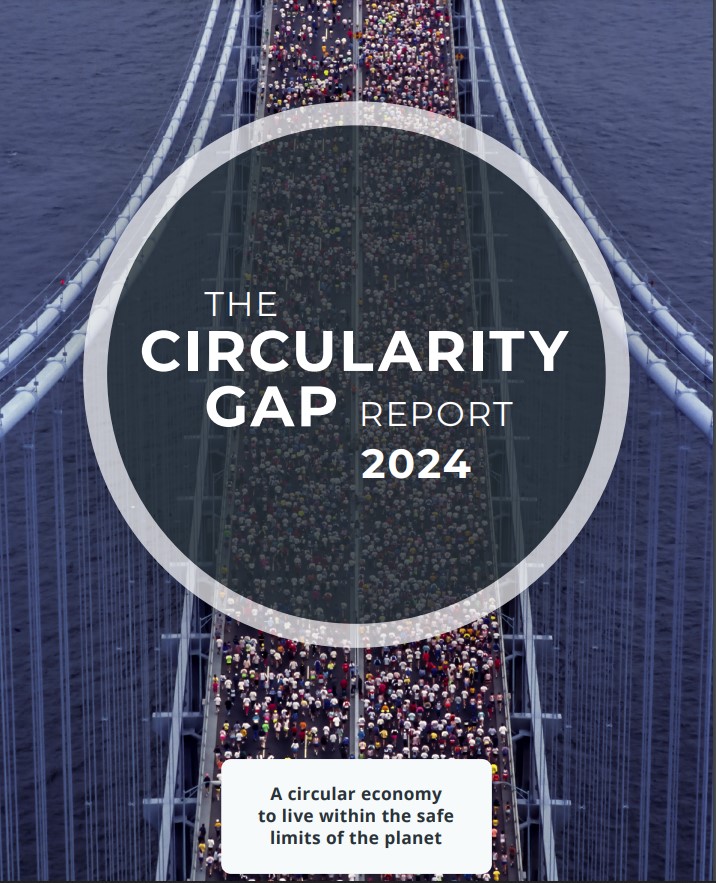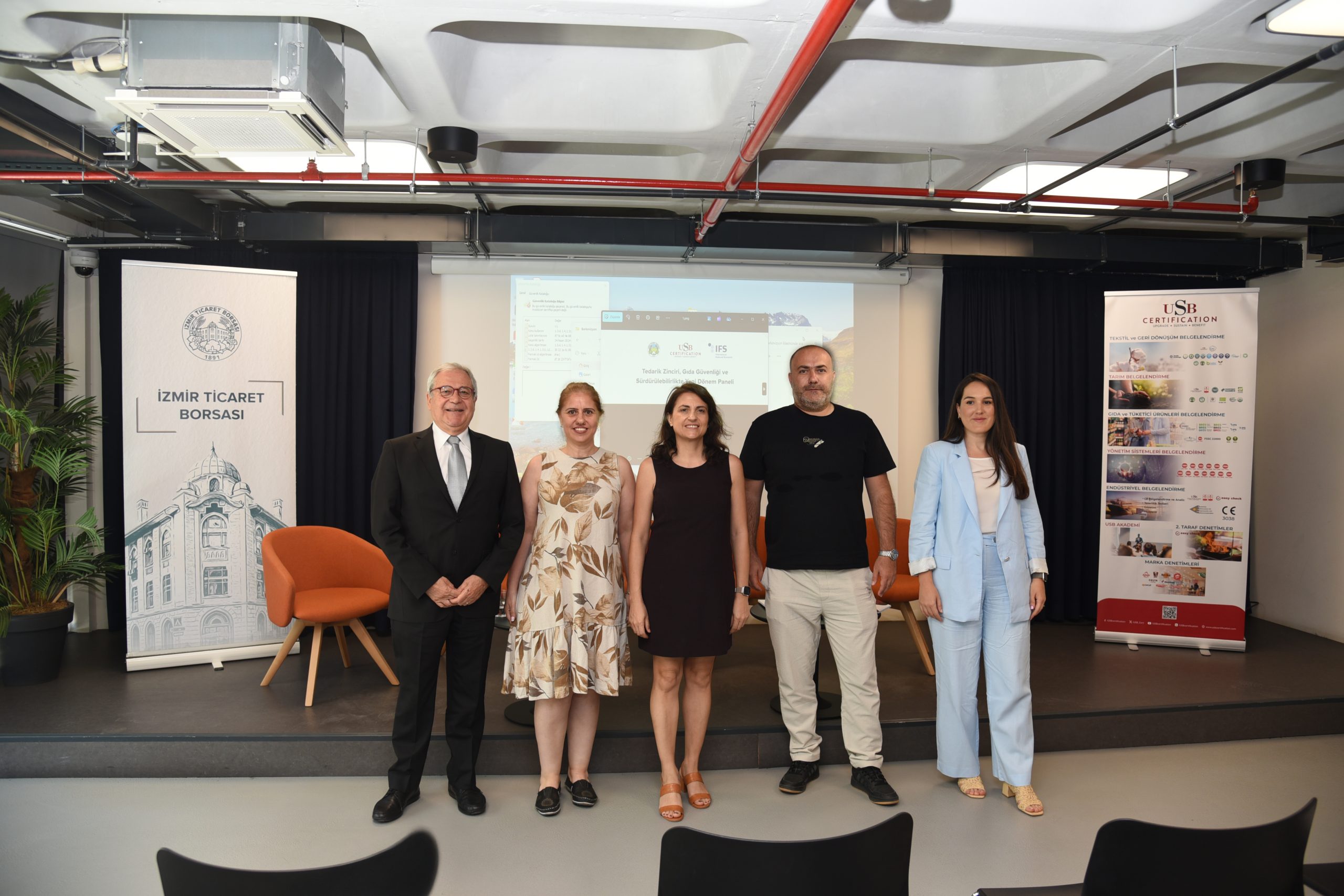The 2024 Circularity Gap Report, recently published by Circle Economy in collaboration with Deloitte, reveals concerning trends in global circularity and environmental sustainability. Despite growing recognition of circular economy principles, the report highlights a persistent decline in circularity, with only 7.2% of materials reused globally—down from 9.1% in 2018. This decrease, compounded by increasing material consumption, underscores a critical need for more impactful measures to shift economies from linear to circular models.
The report addresses urgent action areas for different economic profiles: Shift Countries (wealthy nations) are urged to reduce their excessive material footprint; Grow Countries (industrializing economies) should stabilize their consumption; while Build Countries (low-income nations) are encouraged to increase responsible material use to support basic needs. Key global systems—food, built environment, and manufactured goods—emerge as priority sectors for circularity interventions.
Drawing attention to the social and economic benefits of circularity, the report emphasizes a “just transition” approach, advocating policies and frameworks that create jobs, build sustainable skills, and foster collaboration across industries. With projections indicating that unchecked material use will breach planetary boundaries, the report serves as both a wake-up call and a roadmap, urging policymakers and industries worldwide to adopt comprehensive circular strategies for a sustainable and equitable future.
To access the full report, click here.









